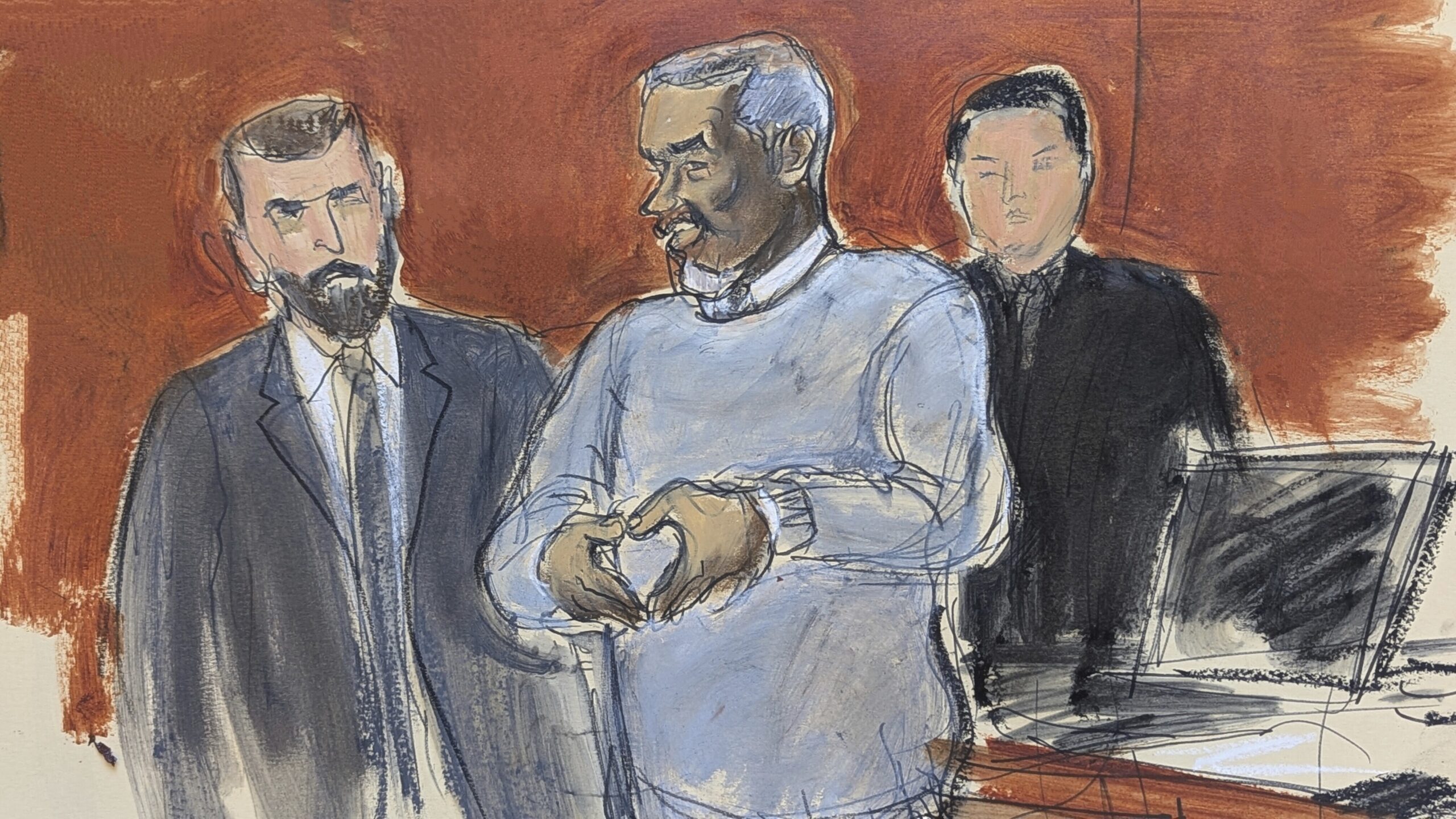The jury in the sex trafficking trial of the rapper and producer Sean “Diddy” Combs began its deliberations on Monday, and very soon was signaling that it may not easily arrive at a verdict on the sprawling, five count indictment on Monday. Three notes were sent out to the judge, with one note signaling a potential conflict with one juror, and another seeking more information on the drug charge. Deliberations will resume on Tuesday morning.
“We have a juror, No. 25, who we are concerned cannot follow your honor’s instructions,” a note from the jury read, which had been sent at 12:30pm about an hour after deliberations had begun on Monday. In the note the foreperson also requested to speak to the presiding district judge, Arun Subramanian, in person.
The forewoman, whom the jury had selected about fifteen minutes after being taken to the deliberation room, is a 42 year-old black woman, from Manhattan, who works as a dietary aide at a nursing home, and lives with her fiance and her two children.
When asked by the judge during jury selection if she had ever had run-ins with the law, the future forewoman admitted that she had once received an “open bottle ticket.” The judge jokingly scolded her and said, “shame on you.”
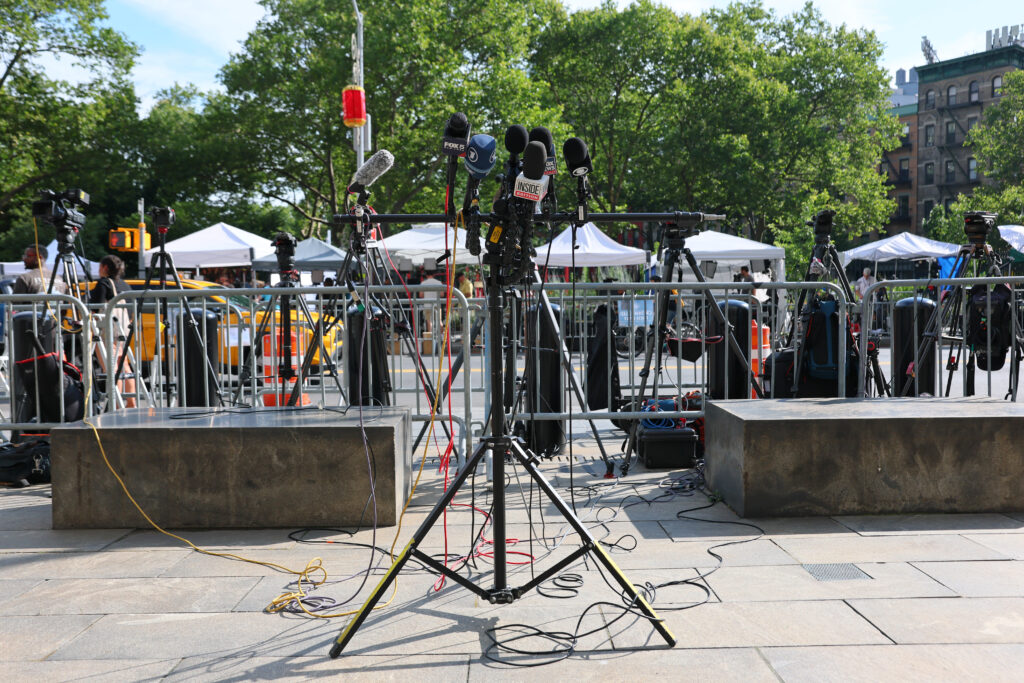
But the foreperson was not called into the courtroom to speak to the judge about Juror Number 25, because the attorneys and the judge decided to let the issue resolve itself.
Juror Number 25, a 51 year-old white man, is a scientist with a PhD in molecular biology and neuroscience, who spoke with a rather heavy accent during jury selection, and told the court he liked watching documentaries and that he liked opera.
The concern that he couldn’t follow the judge’s instruction was somewhat alarming because, two weeks ago, the judge had dismissed one juror, a black man, as the Sun reported, citing the concern that the juror lacked the “basic criteria to serve.”
That juror had told a court staffer in an “offhand conversation” that he had moved to New Jersey, even though he stated during jury selection that he lived in the Bronx, which falls into the jurisdiction of the Southern District of New York, where the high profile trial is being held. When the man was further questioned by the judge, he gave such contradictory answers about his current residency that the judge – egged on by the prosecution – decided to replace him with an alternate. The defense strongly objected, accusing the prosecution of seeking to weed out black jurors because the defendant is black. These objections were in vain.
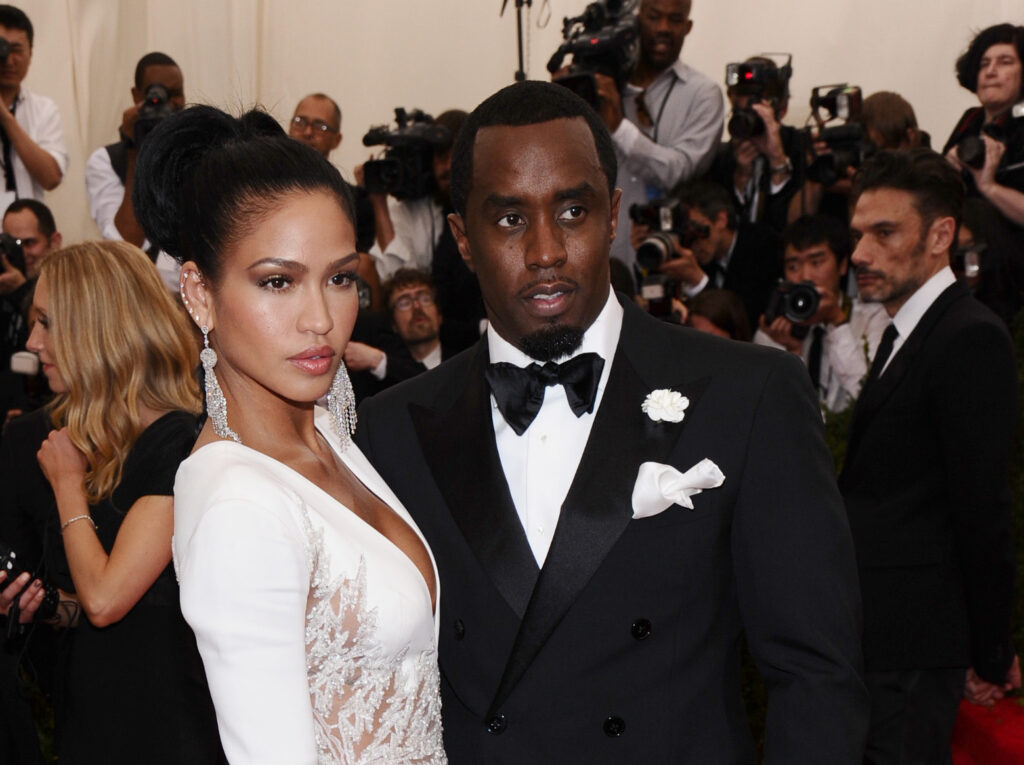
On Monday, the judge decided not to engage in any questioning regarding Juror Number 25, the scientist who had raised concerns of being unable to follow directions. While the judge had proposed to send a note back, inquiring if Juror Number 25’s inability to follow instruction was based on “a lack of understanding” or an “unwillingness” to understand, the lead defense attorney, Marc Agnifilo, suggested caution.
“They’re just getting started,” Mr. Agnifilo said, adding that it would be best to encourage the eight women and four men to continue their deliberations. “We can always ratchet it up. We can’t ratchet it down,” Mr. Agnifilo argued.
The prosecution agreed. The judge sent a note to the jury saying, “I received your note. I remind every juror of their duty to deliberate and their obligation to follow my instruction on the law. With that instruction in mind, please continue deliberating.” The note also instructed the jury not to reveal any specifics about their deliberations in any future notes.
Indeed, by the afternoon the problem appeared to have resolved itself. Around 4:30 pm the jury sent another note asking for clarification on a specific charge, which signaled that there had been progress in the discussions.
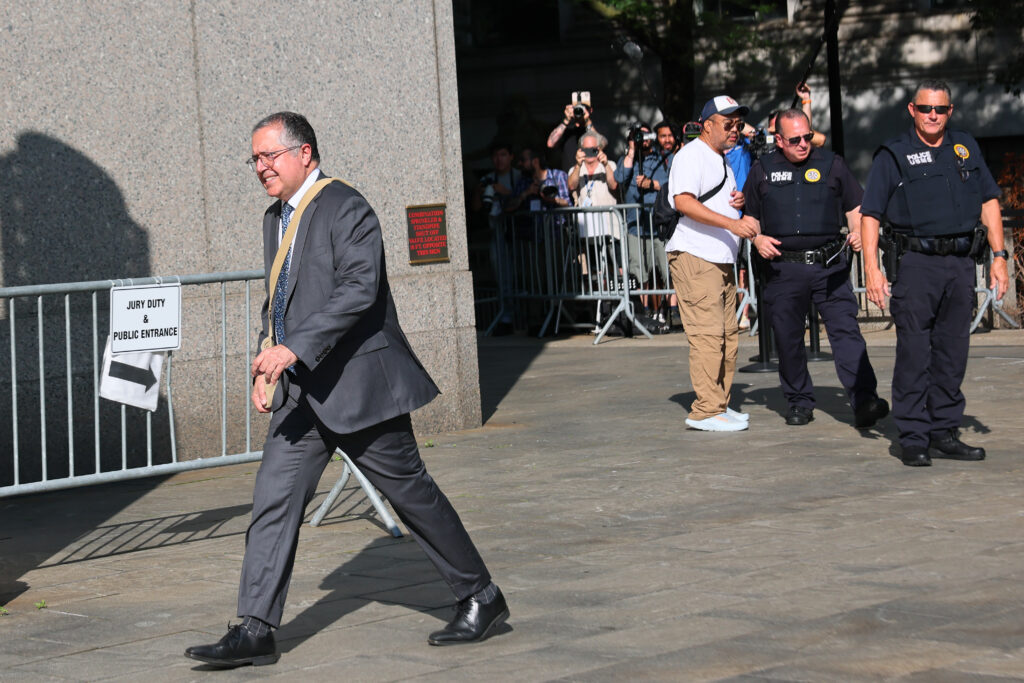
The new note regarded the allegations that the defendant possessed drugs with the intent to distribute them, one of the eight racketeering acts that the government has alleged were committed, or intended to be committed, as part of the racketeering conspiracy.
Mr. Combs, who faces life behind bars if convicted on all counts, is charged with racketeering conspiracy, two counts of sex trafficking and two counts of transportation to engage in prostitution. He has pleaded not guilty to all counts.
Racketeering conspiracy is based on the Racketeer Influenced and Corrupt Organizations Act, also known as the RICO act, passed by Congress in 1970 to facilitate the prosecution of organized wily criminal organizations such as the mafia. In recent years, though, prosecutors have used the racketeering statute to pursue high profile individuals who have nothing to do with the mafia, the Irish mob, or violent urban gangs.
In order to find Mr. Combs guilty of the racketeering conspiracy, prosecutors have to convince the jury that Mr. Combs led a “criminal enterprise,” meaning a group of people who were part of “an ongoing organization, either formal or informal,” as stated in the jury charge, who shared a common purpose.
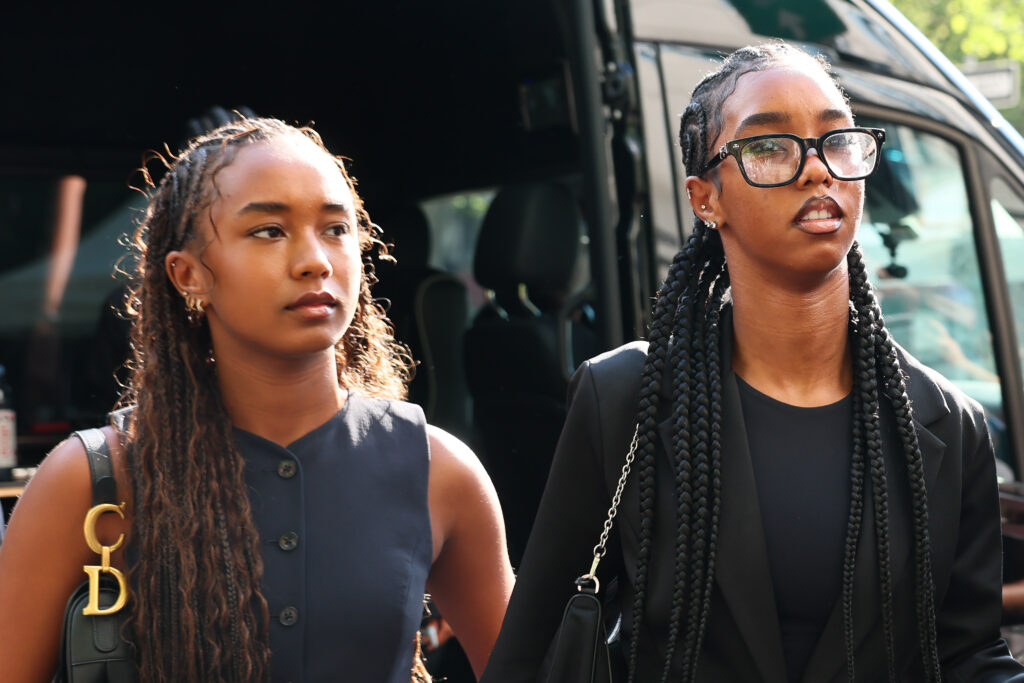
Federal prosecutors argued that Mr. Combs’ criminal enterprise was directly related to his business empire, which included a record label, a fashion brand, a television channel and liquor sales, and that it consisted of his chief-of-staff, his bodyguards and several of his personal assistants, and that their common purpose was, among other things, to protect, promote and enhance the Sean Combs brand, which included “fulfilling” Mr. Combs’ personal desires, “particularly those related to COMBS sexual gratification,” as stated in the indictment.
Mr. Combs is essentially accused of throwing drug fueled sex sessions, so called “Freak Offs”, for which he hired and transported male prostitutes, sometimes one, sometimes two or three, to have sex with whoever was his girlfriend at the time, while he filmed the encounters, watched and pleasured himself. The women, prosecutors allege, were coerced into these Freak Offs by means of violence and other abusive, coercion tactics.
The evidence has to further show that there was “an agreement among two or more persons,” who conspired to commit two out of eight alleged racketeering acts, such as, among others, kidnapping, arson, bribery, and possession with the intent to distribute illegal drugs.
In their afternoon-note, the jurors asked specifically about the intention to distribute drugs.
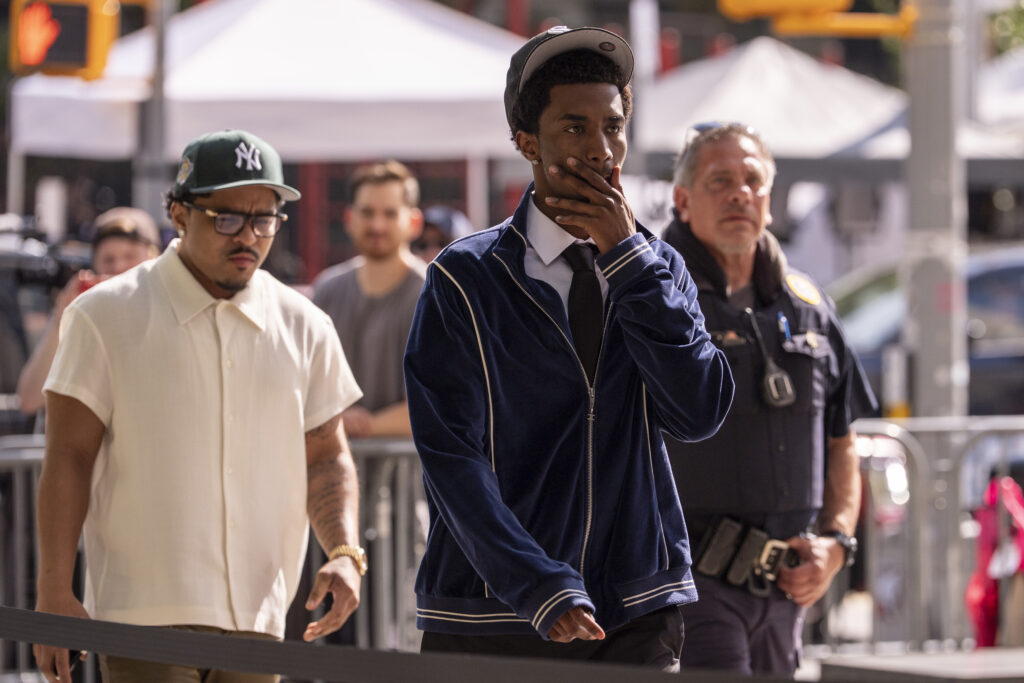
“If a recipient wants, requests, or asks for controlled substances, and an individual hands over controlled substances to the requester, has the individual who hands over the controlled substances distributed?” The note said.
In other words, if Mr. Combs, or one of his alleged co-conspirators, distributed drugs to someone, and that someone had asked for the drugs, was the distribution criminal?
The question signaled that the jury was thoroughly examining the evidence. Witness testimony and text messages, shown during the trial, had demonstrated that Mr. Combs did in fact purchase drugs, such as cocaine, ketamine, ecstasy and MDMA. Both women, who alleged that the defendant coerced them into having sex with male prostitutes – his former girlfriend Cassandra Ventura and a woman, who testified under the pseudonym Jane – told the jury that they frequently used drugs during the Freak Offs, and that Mr. Combs was the one who had given them the drugs.
The defense argued that Mr. Combs only purchased drugs for his personal use and that the quantities were rather small. When special agents raided Mr. Combs’ estates in Los Angeles and in Miami in March 2024, they found several plastic bags containing illegal drugs, but again, the amounts were small. However, the law does not specify the quantity. One pill of ecstasy that Mr. Combs “distributed” to one of his women, or even one of his assistants is enough to incriminate him.
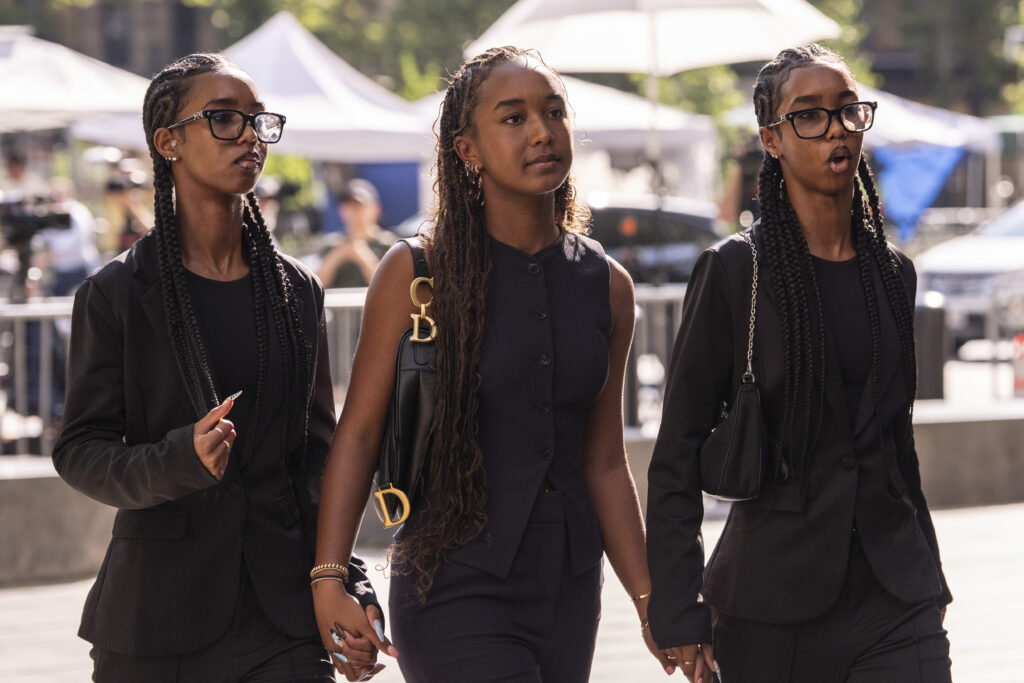
The jury charge explains the possession of drugs with the intent to distribute as a person that “possessed a controlled substance with a state of mind or purpose to transfer it to another person… A small quantity of drugs standing alone is insufficient to prove intent to distribute. But any amount of drugs, however small, can support a finding that a person possessed narcotics with intent to distribute, as long as there is additional evidence of intent to distribute.”
Now the jury was asking if the act was criminal even though the recipients had sometimes requested to be given the drugs.
The 62-page long charge document, which the judge had read out loud in the morning, does not provide a clear answer.
Prosecutors immediately said that it was irrelevant if the recipient wanted to use the drugs important was only if Mr. Combs distributed them. But the defense hesitated and asked the judge for more time.
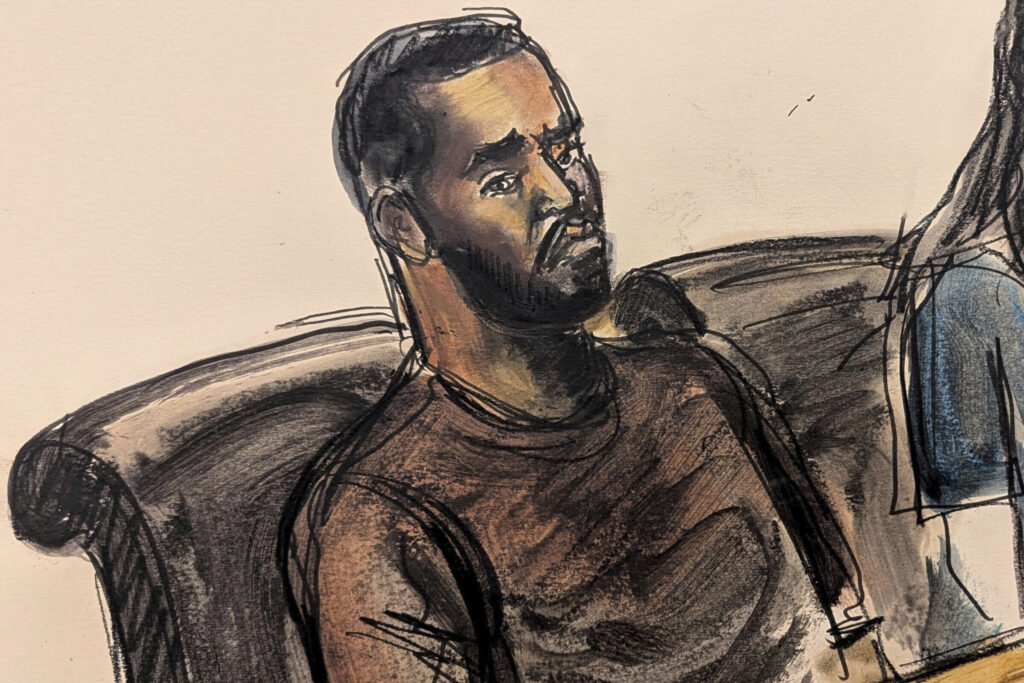
The drug allegation is problematic. While defense attorneys can argue that their client did not commit sex trafficking because, as they claim, the women may have consented to the sex, it’s more difficult to argue against the evident drug distribution.
As the Sun reported, one of Mr. Combs’ former assistants Brendan Paul testified that he purchased ketamine lollipops and similar drugs, “one or two grams at the a time” for Mr. Combs, not often, saying the purchases occurred “less than ten, more than five,” times, and that he would put the drugs in Mr. Combs’ Gucci pouch, “the place where we would keep drugs.”
On one occasion, during the music festival Coachella, Mr. Combs asked Mr. Paul to try a drug called C2 to “see if it’s good.” When the prosecutor asked Mr. Paul if he wanted to take the drug, he replied he wanted “to prove” his loyalty to his boss.
If Mr. Paul wanted to try the drug, did Mr. Combs distribute it?
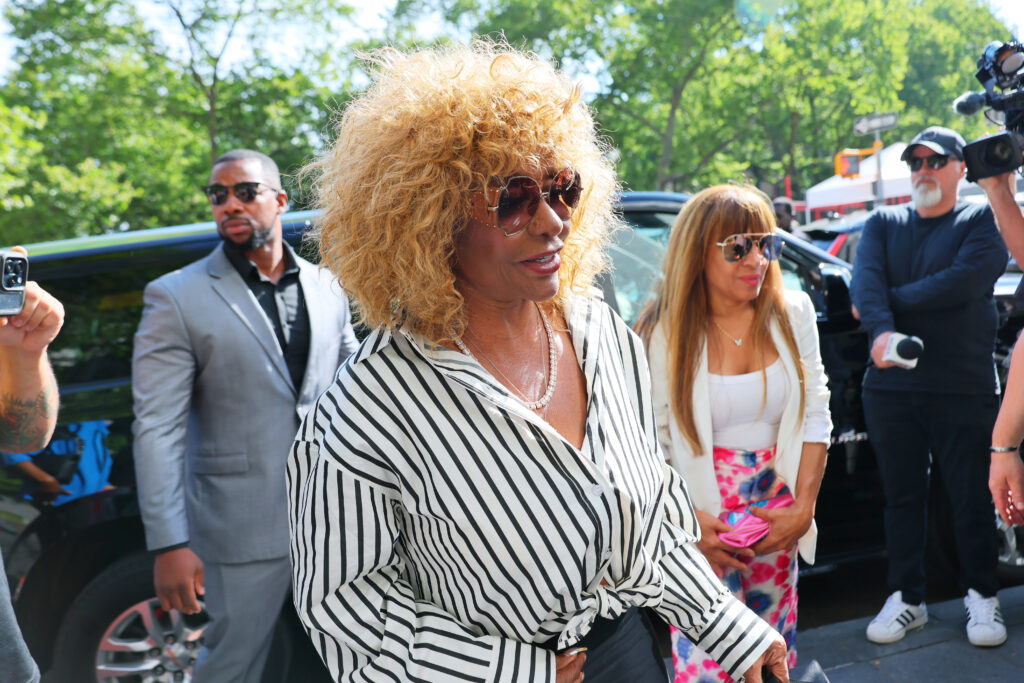
Judge Subramanian released the jury at 5 pm, as the members had requested, and told them he would send a note with an answer to the drug question on Tuesday morning.
Mr. Combs appeared concerned. When the afternoon-note came in, he looked at the paper, tossed it to the side and then aggressively pulled a charging cable from a phone he was holding. His attorneys surrounded him and began discussing the issue in an agitated manner.
Earlier in the day, Mr. Combs had shown off two self-help books, which he had been granted permission to read in his holding cell: “The Power of Positive Thinking,” by Norman Vincent Peale and “The Happiness Advantage,” by Shawn Achor.
And after the judge had sent the jury into deliberations, Mr. Combs’ 84-year old mother and six of his children, seated in the gallery behind him, stood up, took each other’s hands, bowed their heads and then all clapped, in an attempt to show their full support.
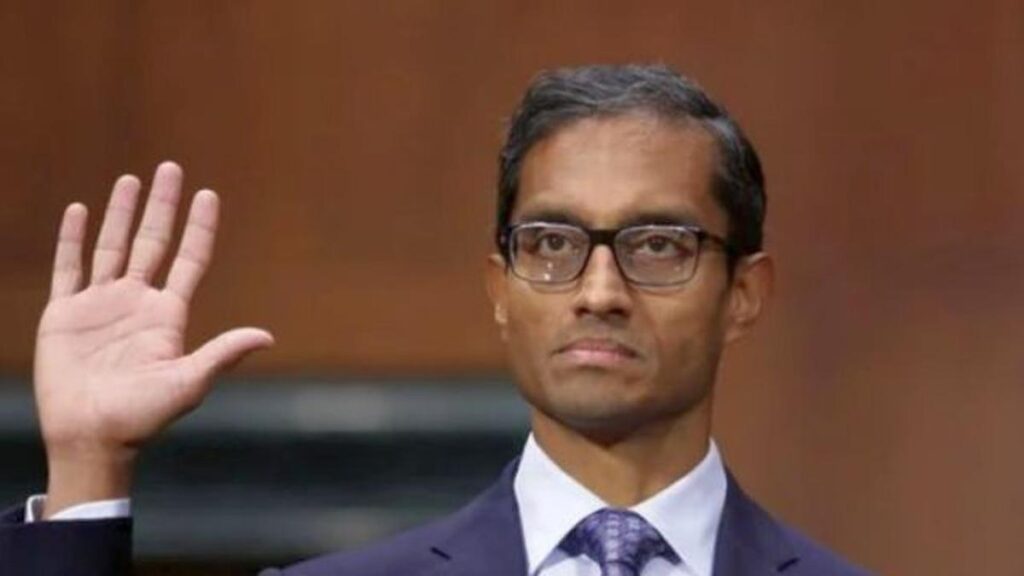
Outside the courthouse, where numerous podcasters and YouTubers have been gathering since the trial began with opening arguments on May 12, the Sun spoke to the podcast host of Tea Lounge.
L.Tea James told the Sun that she felt the charges were unwarranted. “The jurors have seen more federal crimes in the subway than in this courtroom,” she said.
Another podcaster and journalist, Angela McGuire, who hosts the podcast Crosstown Traffic, agreed. Ms. McGuire said that she felt “Diddy is being overprocessed.”
The jury will resume deliberations on Tuesday morning.
(Except for the headline, this story has not been edited by PostX News and is published from a syndicated feed.)

